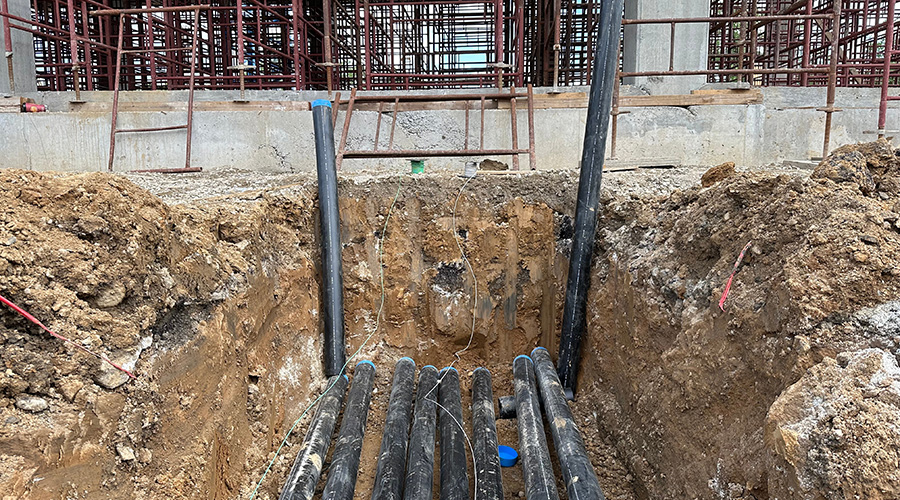« Back to Facilities Management News Home
« Energy Efficiency
ACEEE: Boston, New York, Washington, San Francisco, Seattle Ranked as Most Energy-Efficient U.S. Cities
Washington, D.C. — May 20, 2015 — Mayors and local lawmakers in America's largest cities continue to take innovative steps to lower energy costs for consumers and businesses, increase their resilience, and reduce pollution through increased energy efficiency, according to the second edition of the City Energy Efficiency Scorecard, released by the American Council for an Energy-Efficient Economy (ACEEE).
Available online here, the ACEEE report finds that Boston continues to be the most energy-efficient city in the nation, receiving 82 out of a possible 100 points, an improvement of more than five points from that city's 2013 score. Trailing Boston, the top 10 U.S. cities for energy efficiency are: New York City (#2), Washington, D.C. (#3), San Francisco (#4), Seattle (#5), Chicago (#6), Minneapolis (#7), Portland, Ore. (#8), Austin (#9), and Denver (#10). With nine of the top 10 cities improving their scores from 2013, Boston faced increased competition for the top spot.
Key findings in the 2015 Scorecard include the following:
• Washington, Los Angeles, Chicago, Minneapolis, and Seattle are the most improved cities compared to the 2013 Scorecard, with many showing double-digit improvements in their scores. Los Angeles, for example, established a strong energy savings goal, and Chicago enacted a new commercial building benchmarking ordinance.
• Other cities have also improved their scores since the last edition, including several in the Southeast U.S. Atlanta, the leading city in the Southeast, saw an improvement of 5 points, earning new points for local government operations, buildings policies, energy and water utilities, and transportation policies. Charlotte made a strong showing as well, improving by nearly 8 points. Jacksonville, the lowest scoring city in the 2013 edition, saw a 50 percent increase in its score.
• All of the ranked cities, even the highest scorers, have significant room for improvement. Boston was the only city to earn over 80 points, and only 13 cities earned more than half of the possible points.
ACEEE research analyst David Ribeiro, the lead report author, said, "Our findings show that cities continue to be laboratories of innovation when it comes to energy efficiency, with many pushing the envelope for more energy savings in the last few years. Cities are also improving their approaches when it comes to tracking and communicating their efforts to save energy. By capturing these efforts in the Scorecard we hope local leaders from cities of all sizes can learn best practices from each other and deliver the benefits of energy efficiency to their communities, such as a stronger economy and a cleaner environment."
The Scorecard found that for buildings, one of the five key areas the report covers, the leading cities in buildings policies include Boston, New York City, and Washington. These cities have adopted or advocated for stringent building energy codes, devoted resources to building code compliance, established requirements and incentives for efficient buildings, and increased the availability of information on energy use in buildings through benchmarking and transparency policies. Residents and business owners can also access programs that take a systemic, building-wide approach to retrofits and upgrades.
More From 5/26/2015 on FacilitiesNet







